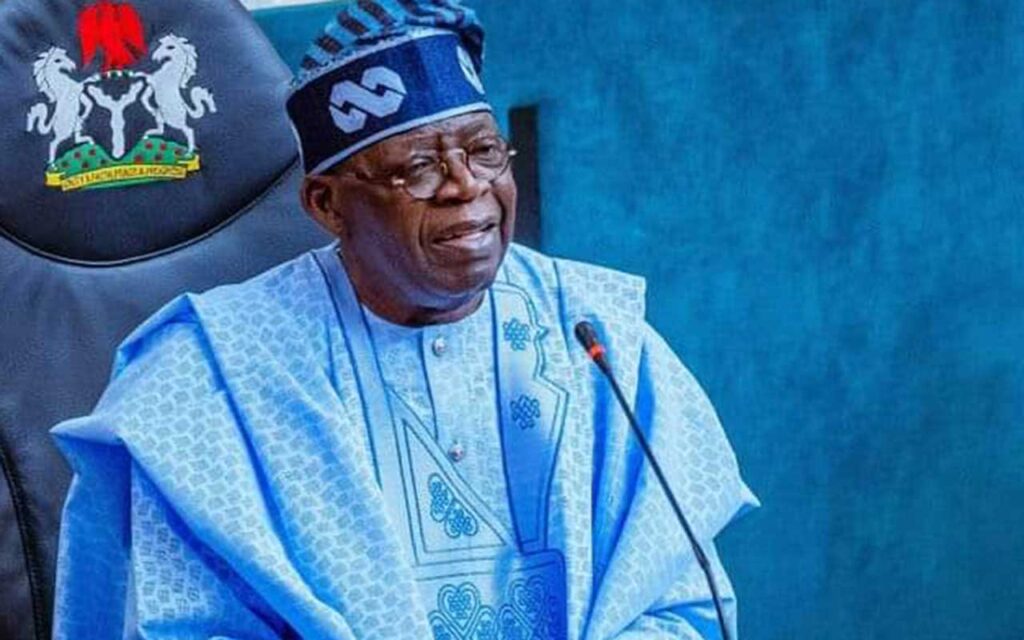The Deputy Spokesperson of the House of Representatives, Philip Agbese, has picked a hole in the open letter of former Sokoto State governor, Attahiru Bafarawa to President Bola Tinubu, saying “It contained several of misrepresentations, misjudgment and misplaced expectations.”
New Telegraph reports that Bafarawa on Monday wrote an open letter to Tinubu accusing him of stifling the opposition.
“Those before you allowed opposition politics to exist. You are a product of opposition politics.
“It would be a grave mistake to suppress it now,” the former governor wrote.
Reacting to the letter, Agbese who represents Ado/Okpokwu/Ogbadibo federal constituency of Benue State, said though Bafarawa has the right to express concerns about the current state of the country, but as an elder statesman, his role should be guided by fairness and objectivity.
He alleged that the former governor’s narratives do not align with the realities on ground.
According to him, the letter to Tinubu ignored the efforts, policies, and significant progress made by the administration in less than two years.
The lawmaker stated that the suggestion that President Tinubu’s government is stifling opposition or tilting towards authoritarianism, “with all due respect, is not only misleading but also dismissive of the political inclusivity that has defined his administration from day one.”
Agbese said no Nigerian democratic president has demonstrated commitment to inclusivity as Tinubu.
“This is evident in his carefully assembled cabinet; a diverse representation of the country, not just in terms of geography, but in professional expertise and competence.
“From the appointment of ministers to key agency heads, Tinubu has broken from the past by prioritising capacity over blind loyalty or ethnic considerations,” he stated.
The lawmaker said unlike previous administration that “leaned heavily on sectional interests or partisan allegiances,” Tinubu ensured that the best hands, regardless of political, ethnic, or religious backgrounds, were given the opportunity to contribute to national development.
“This inclusivity is also reflected in his economic policies, security initiatives, and diplomatic engagements.”
He stated that “a man who governs with such broad-based participation cannot be accused of intolerance towards the opposition.”
Agbese stated that the Nigerian economy was not merely battered but relied on support before Tinubu took over, recalling that “the fiscal policies of the past administration left the country with unsustainable debt levels, a crippling subsidy regime, and a foreign exchange system that encouraged arbitrage and corruption.
“Insecurity, which you rightly highlighted, had become a hydra-headed monster, with banditry, terrorism, and kidnapping reaching unprecedented levels.”
He however regretted that Bafarawa did not give the Tinubu’s administration the patience required to systematically address these deep-rooted issues.
“No sincere observer of Nigeria’s governance landscape would dispute that the country was in dire straits when President Tinubu took office.
“These are not excuses but facts that must be acknowledged to appreciate the magnitude of the task before President Tinubu,” he said.
Agbese added that Tinubu has undertaken crucial reforms to strengthen the nation’s security architecture.















